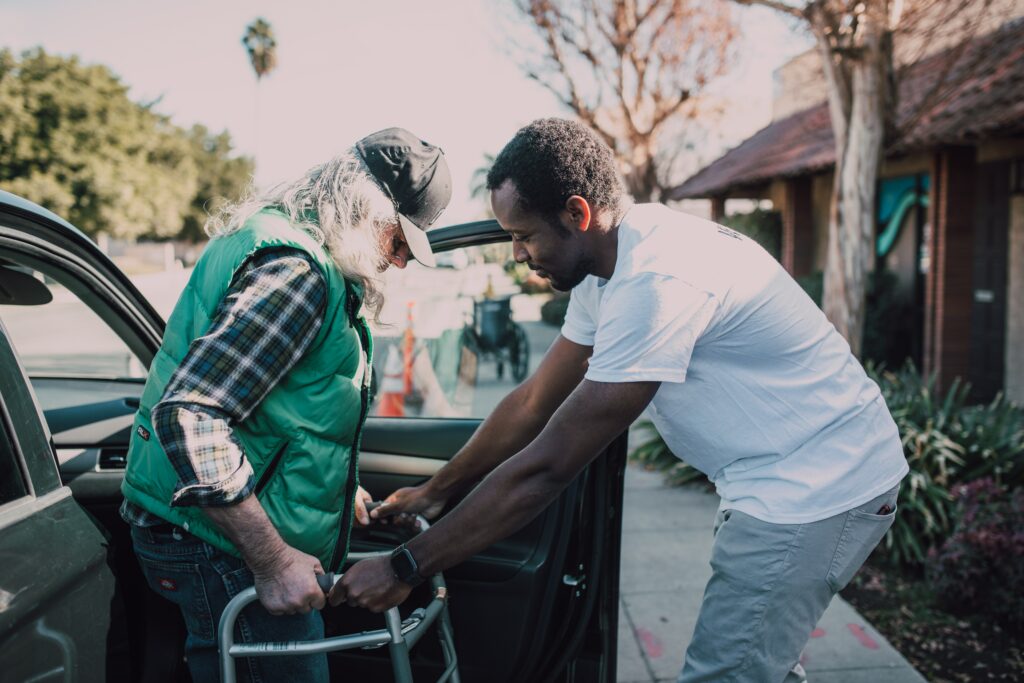About 27.5% of people globally do not get enough physical activity, according to a 2018 study in The Lancet Global Health of nearly two million people.
Sufficient physical activity was defined as at least 150 minutes of moderate-intensity or 75 minutes of vigorous-intensity physical activity per week.
Livestrong’s recent article entitled “Why Your Mobility Worsens As You Age, and What to Do About It” examines the habits that experts want you to apply:
- Remain Active. Try to build activity into your day and keep moving. One of the simplest and best exercises is walking. Start small and work up to longer sessions, until you reach 30 minutes a day. If you do not have the time for a full walk some days, do what you can because every bit counts.
- Mix Up Your Moves. While it is great to find a workout you like, doing the exact same exercises every day is not ideal for joint mobility. It is better to do exercise sessions that look different on different days of the week. You can and should repeat your workouts from week to week. Experts say a combination of activities, such as strength training, cycling, running and yoga, will move your joints in all the ways possible.
- Take Standing Breaks. If you have a desk job, you are spending a lot of time at your desk. A way to counteract being sedentary at your desk is to move frequently. If you are at a desk job, you can stand up on your feet and/or walk once an hour for five minutes. This sitting engages large skeletal muscles and, when consistently performed throughout the day, activates thousands of muscular contractions, the researchers note. Standing up more — no matter your age — is important, even if you have done a workout that day.
- Stretch! Stretching that targets your shoulders, spine, hips, and calves can fight chronic stiffness that plays into mobility losses in older adults. Stretching — both with static (bend and hold) stretches as well as dynamic (flowy) ones — is a super opportunity to move your joints in ways they otherwise might not all too regularly. Many yoga workouts also include a flexibility and mobility component.
However you decide to bend and stretch, concentrate on challenging yourself, but do this without pain.
Pushing yourself too hard into stretches may damage your joints and contribute to injury.
Remember that the goal is to feel a gentle, pleasant stretch in your muscles. If it does not feel good, listen to your body and pull back a bit or totally avoid that stretch.
Reference: Livestrong (Jan. 20, 2022) “Why Your Mobility Worsens As You Age, and What to Do About It”
